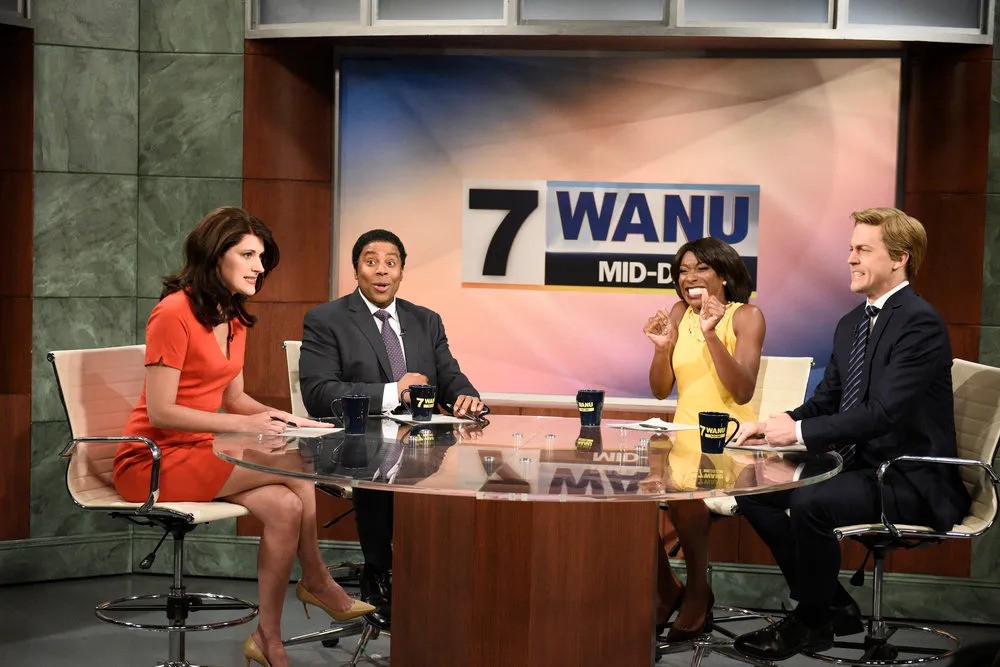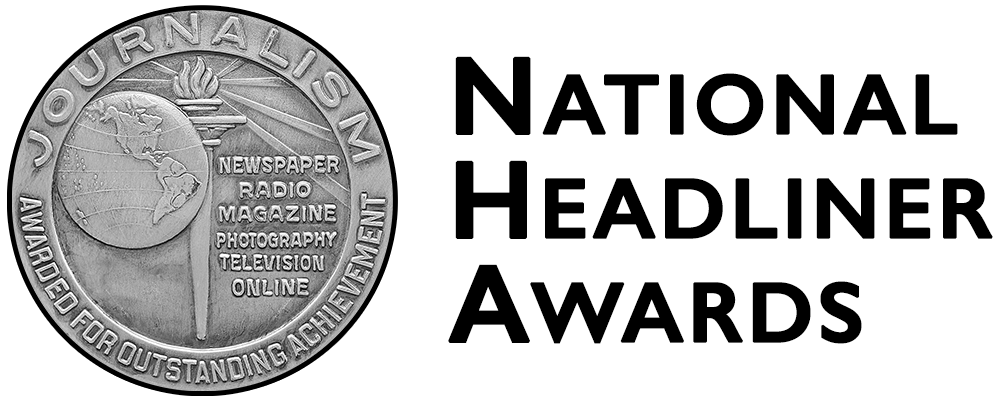
Get Ready For The Attack Of The Attack Ads
Should TV stations bite the hand that feeds them?
FactCheck thinks so.
Spawn by the Annenberg School for Communication at the University of Pennsylvania and its Annenberg Policy Center, FactCheck scrutinizes political speech of all kinds — ads, debates, speeches, interviews and new releases — to figure out who is on the up and up, who is straining credibility and who is outright lying.
FactCheck’s companion service, FlackCheck, has launched a “Stand by Your Ad” campaign to identify bogus ads and encourage TV stations not to run them. As it points out, federal law requires stations to carry all ads from qualified candidates, but not ads from super PACS and other political groups. If the station doesn’t want to run such ads, it doesn’t have to.
Every few days, the FlackCheck site posts ads that it has found to be deceptive with a plea to stations not to run them. The latest involve ads in Idaho and Ohio.
It is also encouraging voters to pressure stations not to run misleading ads. The website even has a place where folks can go to send cookie-cutter emails to all the stations that may be airing ads found to be faulty.
For the most part, stations will ignore such entreaties, and they should.
Stations serve best as neutral forums for political discourse, even when it’s in the form of attack ads. And, yes, running ads is the way that TV stations make their money. You don’t want to mess with that if you don’t have to.
As a practical matter, it would be nearly impossible for stations to assess the veracity of all the non-candidate ads that will be pouring in their doors this fall. They don’t have the time, resources or people to do that. Reporters and producers certainly should not be put in the position of vetting ads.
Deciding what’s acceptable and what should be tossed back is not as easy as it sounds. An ad could have all its facts technically right and still be grossly misleading. Or, it could have some facts wrong and still be fairly accurate overall.
FlackCheck produced some TV attack ads for the critical election of 1864. Check it out. It demonstrates the difficulty you can run into when reviewing ads. Lincoln did oppose the Mexican War. Grant probably had a drinking problem. And Sherman did have a nervous breakdown early in the war. But is the ad fair?
Stations could rely on third parties like FlackCheck, but that’s dicey. If a station rejects an ad, it better have its own research and reasons because it will be accused of political bias by backers of whatever candidate the ad was meant to benefit.
What a station sees as inaccurate, the backers may see as spot on. GMs could find themselves in the middle of vicious political disputes.
But stations airing news and public affairs do have responsibilities — to their viewers and their companies.
Once an ad hits the air, it’s officially part of the campaigns and open season for the newsrooms.
By using FlackCheck as a tip sheet, producers and reporters can target ads that are over the top in their disregard for the truth and do stories pointing it out to voters.
Such stories will not only tend to discipline backers of the third-party ads, but they will remind voters to be skeptical of all political advertising. Frankly, having read and seen many dissections of political attack ads over the years, I now just assume I’m being lied to whenever one appears on the screen, even though many of them are just fine.
As we reported a few weeks ago, Hearst Television and some other stations are partnering with PolitiFact, another political fact-checking initiative started by the Tampa Bay Times in 2007 that was inspired by FactCheck. It, too, is a great resource for keeping pols honest.
Stories questioning political ads will generate controversies — and perhaps canceled buy orders — but that’s OK. GMs should be willing and able to defend the work of their own newsrooms. It comes with the turf.
Smart stations are already on guard for ads that are so egregiously deceptive, mean-spirited, idiotic or graphic that they shouldn’t have been allowed in the front door. Like pornos, you know them when you see them.
These ads will not come from super PACs closely associated with the major candidates, but from fringe groups that are convinced their way is the only way.
Good examples of what stations can run into are the graphic anti-abortion ads from activist Randall Terry. Knowing that he couldn’t pay any station to carry one of the ads during the Super Bowl, he tried to pass himself off as a Democratic presidential candidate so stations would have been forced to carry it by law. The FCC saw through that masquerade and ruled that stations could safely refuse the ad.
My guess is that this season the worst will come from right. No doubt we will see ads attacking President Obama with new “evidence” of his Kenyan birth, his secrets ties to radical Islam or his communist agenda. Some will have racist overtones.
But who knows? Liberal groups may outdo the right-wingers in going after Romney, Santorum or Gingrich. The stakes are high.
Because they have the ability to reject non-candidate ads, broadcasters are not protected against any libel in the ads, although under current legal precedents you can get away with saying pretty much anything you want to say about public figures. That’s something else to keep in mind.
Station managers can’t analyze every political ad before it airs, but they can weed out the worst ones. Meanwhile, perhaps with the guidance of FlackCheck, PolitiFact and others, TV station newsrooms can expose some of the liars that make it on the air.
Harry A. Jessell is editor of TVNewsCheck. You may contact him at 973-701-1067 or [email protected].
























Comments (0)